Forty industry representatives heard presentations from four social impact academics covering corporate political activism, diversity within organisations, PR opportunities of social impact and the impact of modern slavery.
Each academic delivered their presentation four times in intimate focus group sessions which encouraged involvement. The focus was on providing industry with an update on research being undertake across the country and to source feedback, data and insights which could strengthen the research.
Members of the LBG steering group and Corporate Citizenship team hosted each of the groups and Steering Group members Francesca Hunter from Yarra Trams and Gemma Rapson from Woodside provided an overview of each session at the plenary day at Suncorp.
Thank you to ISPT Property and Foy’s Arcade for hosting the first-ever Knowledge Exchange.

Session 1: Associate Professor Ben Neville, University of Melbourne
Political activism
Organisations have historically remained silent on many issues, but people are expecting corporations to speak out. The question is now: when do you speak out and what are the considerations? Ben Neville is developing a framework to guide organisations through this decision-making process. Key considerations include: how do you remain authentic, what is the nature of the issue and the risk to the business, who are the stakeholders, including employees, what are others doing and are we going it alone or forming a coalition, what’s the relevance to our business and do we have the expertise. Another important note from this session is that people would rather see action instead of just speaking out about it.

Session 2: Dr Marianne Sison, RMIT University
Enabling diverse and inclusive organisations
New workplaces are complex with a need to be inclusive and hear everyone’s voices, and it’s important to understand what we can say and what we cannot say. This session explored how listening and understanding your community and near neighbours is key to tailoring your sustainability programs to specific cultures. The group discussed the importance of diversity among assessment committees for grant making and social investment and explored the need to give minority groups a larger voice. The group also explored how organisations are managing the rhetoric given processes and procedures tend to dominate, individuals tend to drive the narrative due to a personal passion. Engaging employees with the sustainability strategy means taking the message and turning it into something that resonates with employees.

Session 3: Dr Bree Hurst, Queensland University of Technology
Social Licence to Operate
Distrust of government is forcing organisations to lead community development. This session explored the need for a social licence not just at a project level, but for organisations and across the industry. In terms of promoting social impact programs, it is not about the quantity but the quality of the content you are providing externally. Organisations much also understand who their stakeholders are and ensure they are listening to them. Another key aspect of this discussion was a focus on building transferrable skills within organisations as part of this process.

Session 4: Associate Professor Marie Segrave, Monash University
Modern Slavery : The impact of hype
This session explored the opportunity to leverage change and how to work in both domestic and international contexts. It defined modern victimisation and explored how industry needs to talk about it. The biggest challenge is the know what is happening on the group and there is an opportunity for industry to come together to tackle as a collective. The group also explored the idea of moving beyond reporting on the process. A final point from the session was the importance of understanding what you want the impact to be before you decide on how to measure.
